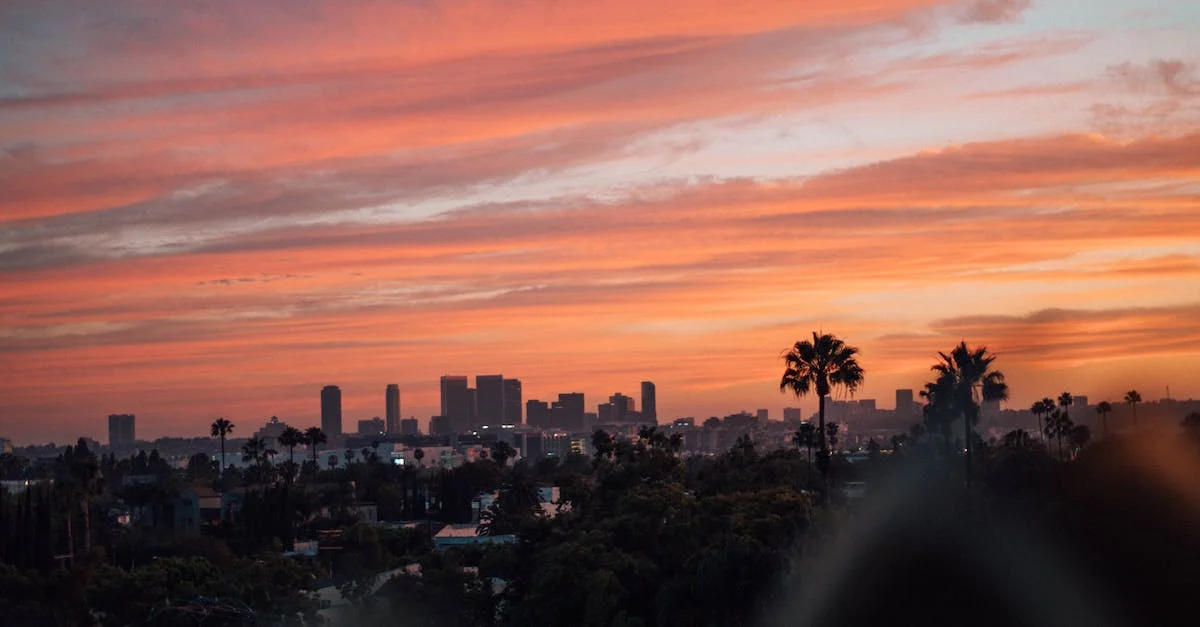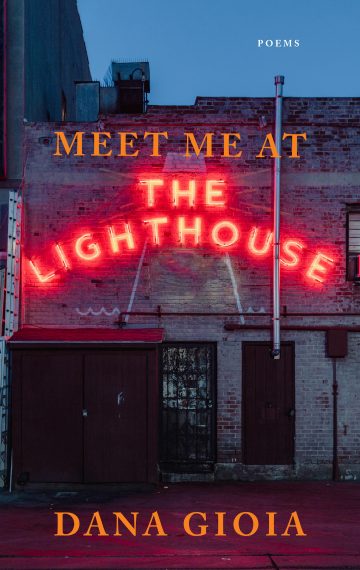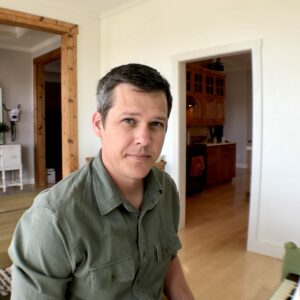Amarillo, TX. Lord Tennyson’s star—the brightest of the Victorian poets, shining over the broadest, horizonless expanse of the British empire—dimmed to twilight midway through his life’s journey. One would be hard-pressed to prove that from the historical record. Tennyson’s contemporaries continued to hold him in the highest regard; he was one of the three most famous people in the world behind the Prime Minister and the Queen; and as Britain’s poet laureate, he wore Victoria’s laurels from 1850 until his death in 1892. Despite the favor of his time, T.S. Eliot, looking back at Tennyson’s entire body of work surmised that, “[He] seems to have reached the end of his spiritual development” around the age of 40, more than 40 years before he died.” (Eliot marks this end with “In Memoriam,” Tennyson’s long lament for his friend Arthur Henry Hallam who died young and suddenly of a brain hemorrhage.) “Tennyson faced neither the darkness nor the light in his later years. The genius, the technical power, persisted to the end, but the spirit surrendered….[H]aving turned aside from the journey through the dark night” he became “a minor Virgil as Dante saw him, a Virgil among the Shades.”
The poet Dana Gioia turned 72 this last Christmas Eve, and with his latest collection Meet Me at the Lighthouse, Gioia understands he has reached the last stage of his life and career. If there’s any doubt, the book contains an epitaph for himself: “Here lies D.G. A poet? Who can say?” Yet there’s no indication that he’s yielding to the dim twilight of late life either. Rather, he’s heeding Eliot’s warning. Don’t turn aside. Take up your lantern and charge into the darkness. Sing all the way into the afterlife. Gioia does not linger on the threshold of death; he wants to be our guide through the Inferno and beyond.
“Meet me at the Lighthouse,” he calls to us in the title and again in the opening line of the book. Ostensibly, The Lighthouse was a famous jazz club in Hermosa Beach that a younger Gioia haunted (the poem dials us into the summer of ‘71). Like many cultural institutions of our youth though, that iteration of the club is a ghost now—converted to a café in 1981 and lately a set piece in Hollywood musicals—but in the poem it’s haunted by actual ghosts, the shades of nameless bar patrons. A list of jazz all-stars, nearly all of whom died in their forties and fifties, have been called up from Tartarus, and a mysterious “you” joins the poet to listen to “their high notes shimmer above the cold waves.” The book’s end notes explain that the poem is addressed to Gioia’s cousin who died at the augural age of 39, on the cusp of middle age. However, when the poet says, “You need a night out from that dim subdivision. / Tell Dr. Death you’ll be back before dawn,” he might be speaking to the dead, but he’s also speaking to that great swath of worldly citizens who have reached the end of their spiritual development, nestled in suburban homes, insulated from one another, suspended on the surface tension of now. The “you” could be you, and it’s certainly me writing this review on my forty-second birthday. “Live long enough,” he says in another poem, “and you become a Victorian / part of you always dressed in black, / … mourning your lost ones / in Tennysonian cadences.”
How well does Gioia play the Virgil-of-Dante, or the Sibyl-of-Virgil, guiding us through the afterlife to find spiritual meaning in our living? Meet Me at the Lighthouse is a slim volume, containing 26 poems divided into five sections. There are allusions in the early poems that make it seem as though he’s introducing us to the work of dead poets, as Virgil scuttled Dante through the crowd of poets in Limbo. Look there! That might be Yeats. And here is Tennyson. Oh there, that’s Baudelaire, I thought he’d be deeper in.
Taking Eliot’s lead, Gioia examines Baudelaire’s life work, and paints the French poet as “memorious and metrical—who slowed / the jagged hours with absinthe,” languishing in an opium of fame and forgetting his early, bright love for beauty. “There, there,” the reclining Baudelaire said, pointing vaguely into the future, “all is order and beauty, luxury, peace, and pleasure.” An afterlife that demands nothing of the living. Gioia’s narrator calls it an “imbecilic whir” like flies upon the carcass of a rancid love. A gloomy end is a death of the spirit.
In “Three Drunk Poets,” probably my favorite poem in the collection, an older poet asks his companions to remember the time in their youth that they had recited poems from memory—a memory of memory. The three poets, drunk as the title implies, vowed to continue walking together through a city as long as they could remember poems to recite. “First came the easy ones—Shakespeare, / Tennyson, Dickinson, Poe. Yeats took most of a mile, Frost another.” Passersby are embarrassed for them, but still they carry on. The poets keep walking and singing, past the last city light and sign of civilization, onto a moonlit country lane. They imagine themselves as ambassadors for poetry, unashamed, like young lovers enthralled in their affection. Finally, they reach Catullus, the Latin poet famous for his swooning love poems. One of Catullus’ most famous poems, Number 5, has the narrator exclaim “Let us live and love! Don’t worry about the opinions of old men because life is short and we will soon be dead. Instead give me a thousand kisses and another hundred and another thousand and another hundred…” ad infinitum. The young, drunk poets—as passionate as Catullus—are suddenly shaken from their revelry by the song of a coyote. “Where the hell are we?” one asks. It’s worth noting that Catullus was a heavy influence on Virgil. Why do they stop there, and what begins at Virgil that marks the beginning of a civilization? It’s also worth mentioning that I knew virtually nothing about Catullus before I read this poem. Gioia, far from being didactic, drew me in and led me down that path of learning, a love and knowledge springing up from being in their company. This poem, too, is addressed to “you.”
In “Seaward” Gioia gives us a memento mori, dedicated to his uncle Theodore Ortiz, a merchant marine. This is not the only poem Gioia has dedicated to this uncle in his career. This is the uncle, we’re informed in a poem collected in 99 Poems, who knew seven languages and had memorized Dante’s entire Inferno in the original Italian. This is the uncle who bequeathed his voluminous library to the Gioias when he died in a plane crash at 26. “Death is what happens to somebody else,” says the poet here, meaning “Get on with it. Live fully, drink life to the lees because death will be here soon.” A lighthouse appears in this poem, as well, “a mute memorial to the drowned.”
It’s the mark of a good poetry collection that so many poems bear up to close reading. The book’s third section is a series of Psalms for Gioia’s hometown, Los Angeles. It begins modeled after Lamentations, “On the streets of Hawthorne I sat down and wept.” The heartbreaking line, “Where is the drugstore where my parents met?” could be interpreted as mere nostalgia—the pain of going home—but in light of the poetry tour the rest of the book has provided, I’d be inclined to say the poet is also asking, “Where are the common cultural landmarks where our love for each other began?” It’s all been demolished. The next poem is an imprecatory psalm, modeled after Psalm 137. The difference is that the original psalm is written by exiles forced to live in a foreign city and remember their homeland from afar. Gioia’s psalmist is an exile in his own city, forced to inhabit a city that dashes her own children against the stones and devours the natives and immigrants. A death of the past and therefore the future. The section ends with a psalm that recounts the city’s history, well before the 20th century and Hollywood arrived. The psalmist pleads, “Pray for the city that lost its name.”
The book closes with the 14-page poem “The Underworld,” giving it a weight no other poem in the collection receives. The 17 seven-line stanzas return us to the afterlife with which the book opened. However, instead of a lively jazz club, now the “you” is seated on a silent train commute to the Underworld. It flips the tropes of those ancient epics where a hero interviews a long train of shades, hoping to garner wisdom. In Gioia’s Underworld, “You” speak to no one. There are no fantastical creatures, “no triple-headed dogs…no Titans bound in chains.” There are no malebolges stuffed with squirming sufferers. There is only the commute full of dead-eyed passengers isolated from one another, turned to stone as if the Gorgon had gazed back from their morning mirrors, or the screens in their palms. The train never quite arrives anywhere, yet all the passengers are anxious to get there. For those people like Tennyson and Baudelaire—like me on the days I get off work and succumb to sitting vacantly in a room with my family, each with a face to a respective screen, absence substituting absinthe—for those, the Underworld, Hell, is already here. As Gioia reminds us in the poem’s epigraph, quoting The Aeneid, “Descending into Hell is easy.” The sentence doesn’t stop here, however. If we were to heed Gioia’s guidance and work our way back through the poets, the tradition, the wisdom handed down to us through the ages (with no lack of God’s providence in the process), then we’d arrive back at Virgil and finish the line: “Descending into Hell is easy / But to return, and view the cheerful skies, / In this the task and mighty labor lies.”
As I mount midlife—Tennyson’s rocky walls—and attempt to gather my bearings for what’s coming in the next 40 years, I find fewer and fewer people have been able to run the long race. The energy and ambition and love I had in my youth is running low. Wouldn’t it be easier to fold my hands, to repeat the catch phrases and sound bites, to laugh at the canned cues and teach my children to? Whose woods these are I think I know. Then out on the wrinkled sea, the high notes come shimmering over the cold waves, and 72-year-old Dana Gioia says, “Meet me at the Lighthouse.”






1 comment
Ben
Bravo! Thank you for this review.
Comments are closed.